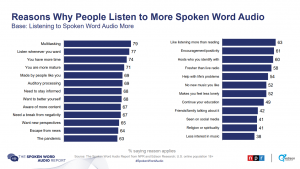Every business has the potential to be a digital business. More importantly, every business must become a digital business. As the number of smart, connected devices—from phones to cars to wearables—moves toward a tipping point where most work, play, and commerce will have a digital dimension, companies that quickly deliver digitally instrumented products or services, harvest data from market interactions, and use insights to rapidly iterate and optimize their value chain will gain a decisive competitive advantage.
Businesses that digitally transform will be able to connect more closely with customers, accelerate the pace of innovation and, as a result, claim a greater share of profit in their sectors. Today digitally transformed companies have an edge; tomorrow, only digital businesses will succeed. As per the Apigee Institute report “An Emerging Digital Divide.”
It’s powerful evidence that effective digital transformation comes from implementing a combination of apps, APIs, and analytics. Consumers are interacting with brands in different ways (both online and offline) and doing so on multiple devices.
But digital transformation poses challenges. Many businesses struggle with the impedance mismatch between their stable and reliable back-end systems of record, and the blinding pace of change that consumers expect of their connected experiences today.
Adding to this challenge is the hodgepodge of connections needed to deliver capabilities including security, mediation, traffic management, analytics, and notifications between the various systems of record and the ever-growing number of apps that deliver connected experiences to consumers.
How do companies resolve the mismatched speed, agility, and scalability, and deliver the right experience, at the right time, on the right device? The solution is an enterprise stack that extends an organization’s investment in systems of record—creating a new system of engagement. As APIs have emerged as the foundational technology for building digital business, this system of engagement has to be delivered through an API platform.
This is the way to enable the stability of enterprises’ operational systems of record while also fostering the speed and agility necessary to create powerful new applications and services that serve customers, partners, and employees in a digital economy that’s moving at blinding speed.
Whether you think about this as bimodal IT, two-speed IT, or traditional IT/agile IT, this new approach with an API platform recognizes the value of both the back-end operational systems and the fast-changing world of user engagement. Using API management to deliver seamless integrations, security, scale, and engaging experiences is the secret sauce for true digital transformation.
(137)
Report Post


